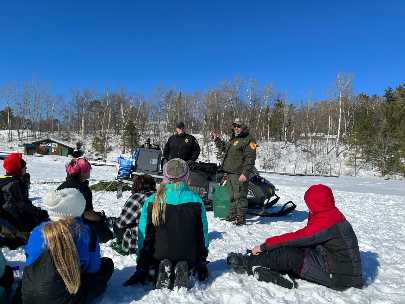
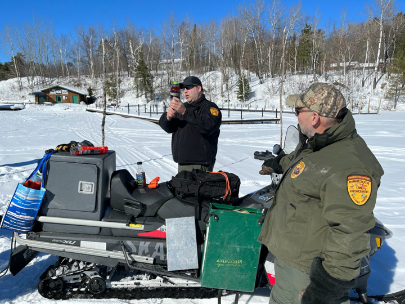
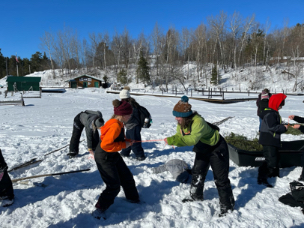
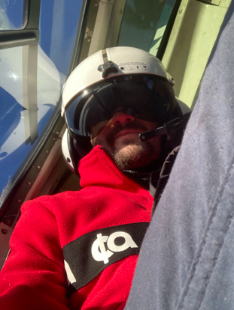
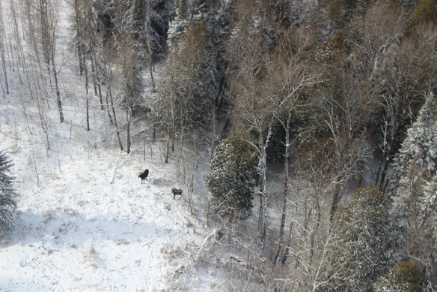
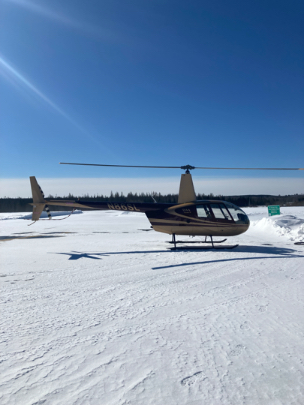
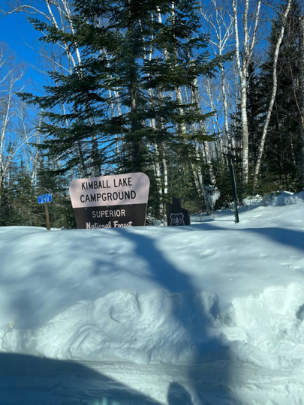
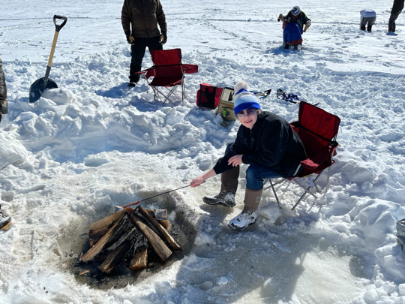
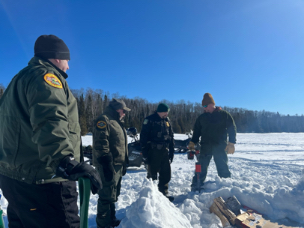
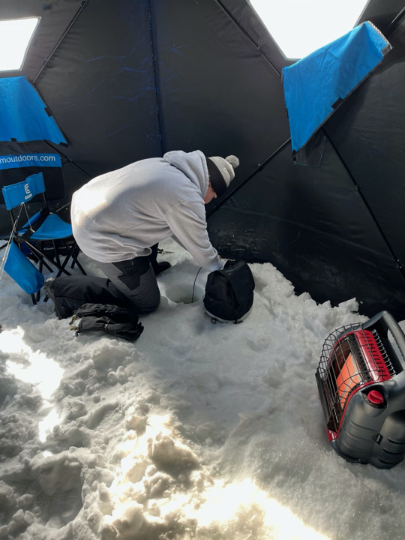
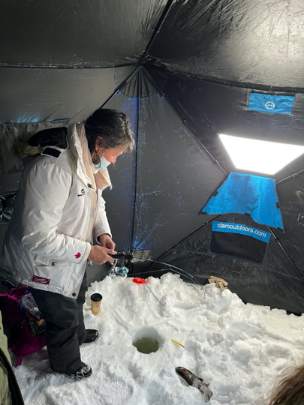
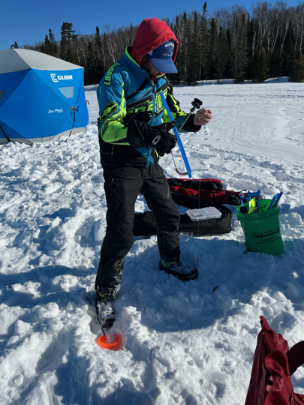
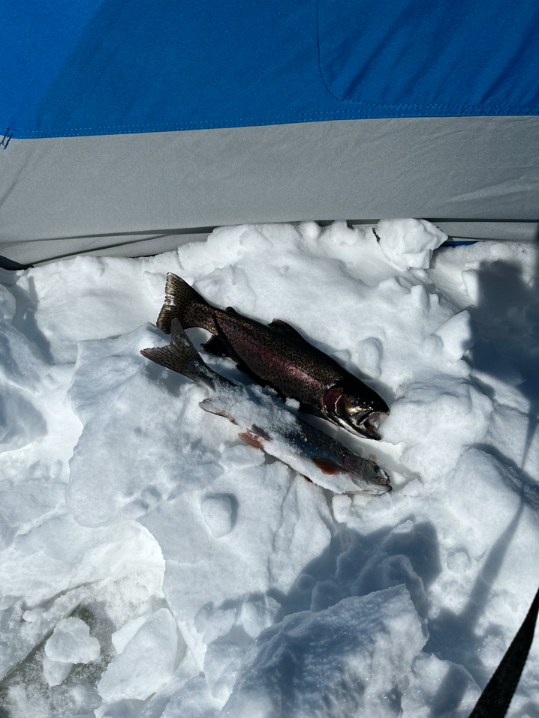













1854's Resource Management Division is hiring three (3) seasonal positions; a Fish and Wildlife Aide, and two (2) Invasive Species Aides. Application materials (including application for employment) are due March 18th, 2022.
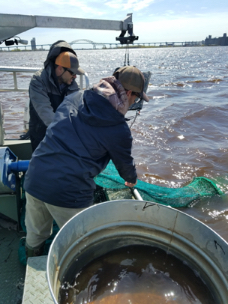

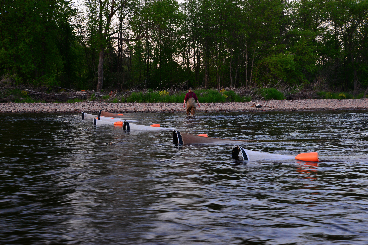
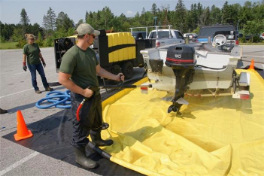
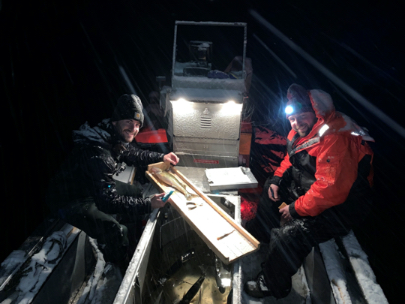
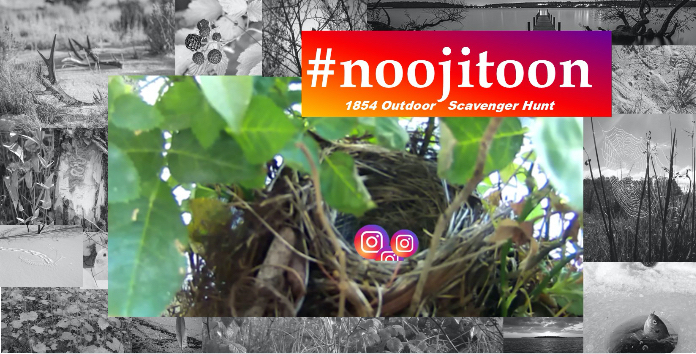
As of January 1st, 2022, American Indians who are members of federally recognized Tribes within Minnesota’s borders can access each of Minnesota’s 75 state parks and recreation areas free or charge. This ensures Tribal members’ access to ancestral lands, and acknowledges the importance for continued community visitation to culturally significant places. The Minnesota DNR successfully worked with the Governor’s office and the State Legislature to change the law so Tribal members can obtain a state park vehicle permit at no cost.
When the law changed, the Minnesota DNR coordinated with Tribal government representatives to ensure a welcoming and effective approach. Each of the eleven federally recognized Tribes participated in coordination meetings with DNR staff to determine how Tribal membership is defined, and the kind of identification needed for members to receive a permit.
To receive a state park vehicle permit, Tribal members must present one of the following at the park office:
If the office is closed, self-payment envelopes can be used at the park entrance with “Tribal Permit” written over the payment section (shown below). Check with your Tribal government if systems are in place to obtain permits through them. 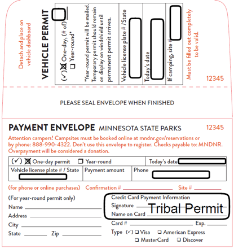 Additional information on Minnesota state park vehicle permits can be found HERE.
Additional information on Minnesota state park vehicle permits can be found HERE.

Congratulations to our 2021 Youth Deer Hunt raffle drawing winner! Miigwech Angeline for participating in this past season’s 1854 deer hunt and continuing the practice of treaty harvest. Not only did Angeline put her time in in the woods but was also successful in bringing home waawaashkeshi wiiyaas! Angeline scored a Browning Spec Ops EDGE 20-Megapixel Trail Camera. You go girl! We need more tribal youth like you to carry on these traditions. #beagoodancestor
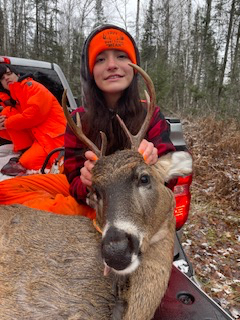


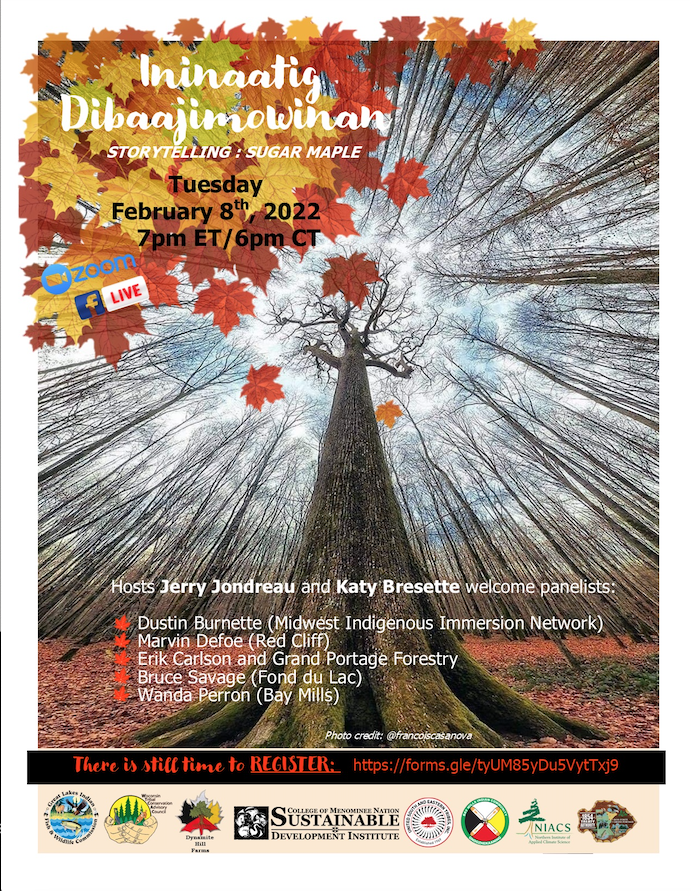
U.S. FISH AND WILDLIFE SERVICE 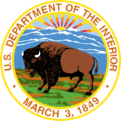
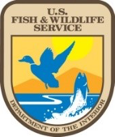
For Release: Through February 28th, 2022
Contact: Alejandro Morales,
Future Native Conservation Leaders Are Encouraged to Apply for the Native Youth Climate Adaptation Leadership Congress
The National Conservation Training Center in Shepherdstown, West Virginia will be hosting the 8th annual Native Youth Climate Adaptation Leadership Congress, starting June 26 – June 30, 2022. The mission of the Native Youth Congress is to develop future conservation leaders with skills, knowledge, and tools and address environmental change and conservation to better serve their schools and home communities.
While exploring culture, tradition and science to answer a big question posed at the beginning of the week, students will lead the congress and focus on major challenges in their communities. The students create themes based on their initial answers to the big question. These themes will emphasize the importance of language, elders, political involvement, traditional values, cultural preservation, and social-economic and environmental awareness.
“The Native Youth Congress has grown over the years into a multi-faceted program that provides an open safe space for students to learn about other cultures and environmental issues while gaining confidence in their own cultural values,” says Native Youth Congress co-coordinator Jenn Hill. “We developed the native youth adaptation congress to reflect their identity, empower their future and the next generation of conservation leaders.”
See the PROGRAM FLYER
Tribal youth groups interested in joining the Native Youth Congress should have between 3-5 students, consist of rising high school seniors, be a part of a federally recognized Native American tribe, and sophomores and juniors will be considered on a case-by-case basis. Applications for this program can be found at NYCALC.org and will be accepted December 1st - February 28th, 2022.
The U.S. Fish and Wildlife Service works with others to conserve, protect, and enhance fish, wildlife, plants, and their habitats for the continuing benefit of the American people. For more information on our work, visit http://www.fws.gov/. Connect with our Facebook page, follow our tweets, watch our YouTube Channel and download photos from our Flickr page.
-FWS-
Join the Finldand Wild Rice Project in learning important aspects of manoomin biology, current conservation efforts and how it is monitored. Wednesday, January 26th, at 5:30pm, they host 1854 Treaty Authority Resource Management Division Director, Darren Vogt. In a webinar open to the public, they look at ways in which harvesters can help in the wild rice monitoring and protection efforts happening around the state. This event continues to the Finland Wild Rice Project's goal of distributing a series of educational modules related to the historical, health, cultural, environmental and economic benefits of wild rice in local food systems and the ecology, harvesting and processing of wild rice.
REGISTER HERE: https://finlandwildrice.com/?p=558
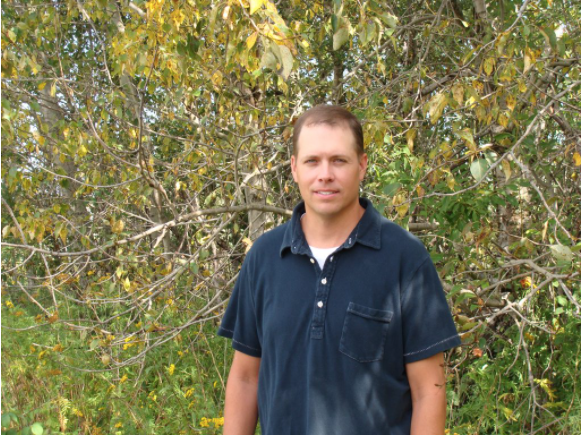

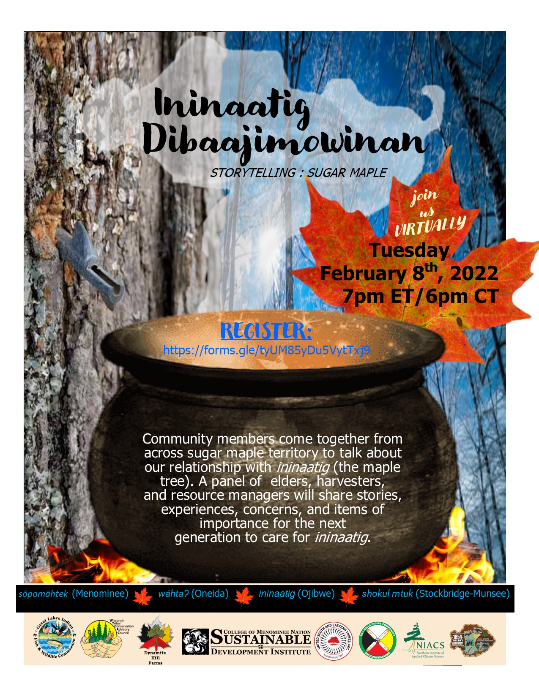
1854 Treaty Authority’s 2021/2022 Biboon (winter) newsletter is now available!
It features NEW treaty boundary signage, changes to the eagle parts request process through the U.S. Fish and Wildlife Service, and announces the first of our 2022 virtual program series. Within is an update on a variety of Resource Management projects, and a reminder on clan systems – or traditional community roles. Join us in welcoming our new Conservation Enforcement Officer, Marty Stage.
Agindan!: (read it HERE)
November 1, 2021 - The University of Minnesota today announced a significant expansion of Native American student tuition support, a new initiative that will be among the nation’s most comprehensive free and reduced tuition programs for Native American students.
Starting in Fall 2022, the University will provide free or reduced tuition on any of its five campuses statewide to first-year undergraduate students and Tribal college transfer students who are also enrolled citizens in one of the state’s 11 federally recognized Tribal Nations. The University of Minnesota Native American Promise Tuition Program expands upon a full tuition waiver program on the University’s Morris campus, which has long been in place through Minnesota statute given the campus property’s history with Native American boarding schools previous to its time as a U of M campus.
“For 170 years, our University has focused attentively on the needs of all Minnesotans. Today we are taking a positive step forward in addressing the needs of indigenous peoples with a history that predates this state and institution—a step I sincerely hope will have a lasting impact on Tribal communities,” said University President Joan Gabel. “We have been very honest from my first days as president that we need to better serve citizens of our Tribal Nations and their communities. This program is a meaningful step to increasing access and continuing to improve retention and graduation rates while closing opportunity gaps, all of which aligns with our mission and our systemwide strategic plan, MPact 2025.” 
Specifically, the program will provide a scholarship covering full U of M tuition at the Crookston, Duluth, Morris, Rochester or Twin Cities campus for first-year or Tribal college transfer undergraduate students with an annual family income under $75,000. Students from higher-earning families (up to $125,000 annually) will be eligible to receive highly discounted tuition through the program, as much as 80 to 90 percent in many cases.
In addition to being citizens of one of the 11 Tribal Nations, qualifying students must come to the University straight from high school or transfer from a Minnesota-based Tribal college. The program will support undergraduate, degree-seeking students who must complete the Free Application for Federal Student Aid (FAFSA) and maintain full-time enrollment, as well as a 2.0 or better cumulative grade-point average. Those interested in more information about the program can visit the Native American Promise Tuition program webpage.
“Tuition benefits for Native American students will provide more access to the University of Minnesota than ever before. This level of financial assistance—along with the necessary support systems to help Native American students find a welcoming place within our University so they can complete their degree and graduate—can dramatically alter the course of an individual’s life,” said Karen Diver, the University’s senior advisor to the President for Native American affairs. “Educational attainment is critical to sustaining healthy and prosperous communities, as well as self-determined citizens. This is a significant step toward more equitably offering the access and opportunities that our students and communities need.”
As part of the program, the University will also reinforce with students existing student support programs on its campuses, including the Circle of Indigenous Nations, the American Indian Cultural House on the Twin Cities campus, the American Indian Learning Resource Center on the Duluth campus, and American Indian support services on the Morris campus.
Starting on October 1st, 2021 , the National Eagle Repository started processing all eagle feather permit requests, not the regions. During the 2018 tribal consultation on potential changes to 50 CFR 22.22 regulations, Tribes identified eagle feather permit process as confusing and slow. As a result of the consultation, the Service decided to streamline the permitting process by designating the National Eagle Repository to process eagle feather requests and permits as a policy change now.
This policy change includes all new applications, amendments (e.g. name change, contact information), and re-orders. Moving forward, tribal members should submit paper permit applications (Form 3-200-15a) directly to the National Eagle Repository, rather than to the regional Migratory Bird Permit Offices.
Here is contact information for the National Eagle Repository including address, phone number, general email, and link to their website:
National Eagle Repository
6550 Gateway Road, RMA, Bldg. 128
Commerce City, CO 80022
(303) 287-2110
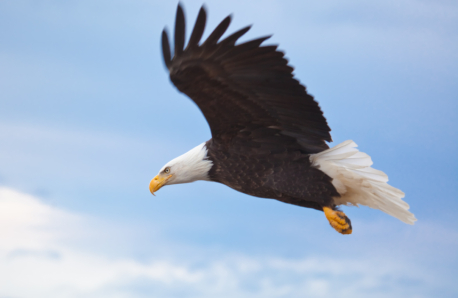
Join 1854 and the St. Louis Co. Historical Society at the Duluth Depot, Saturday November 13th, 2021, from 11am-3pm!

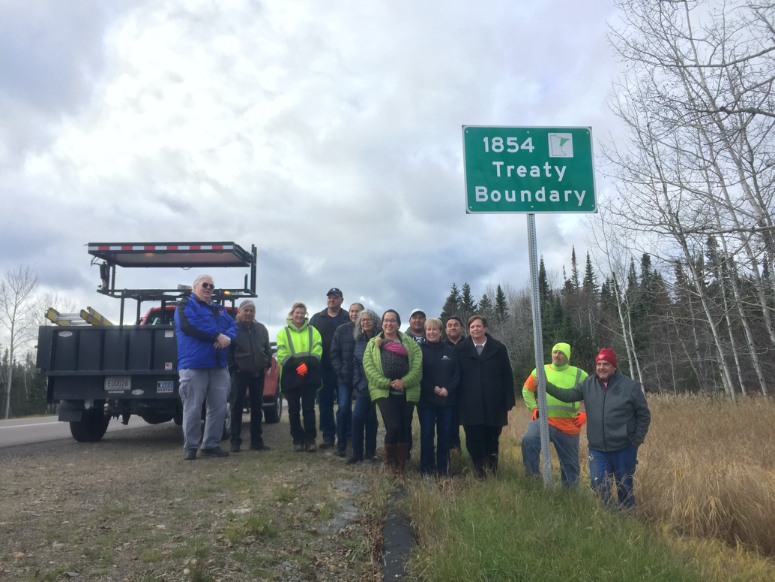
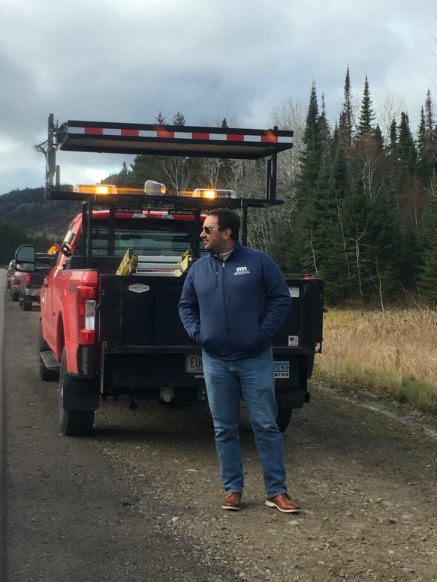
Coinciding with the upcoming international climate talks in Scotland, WTIP is hosting a community conversation next week, with Climate Biologists from the 1854 Treaty Authority.
Tune in Thursday November 4th, and noon and 7pm: LISTEN HERE
Click on the WTIP logo to listen to the "teaser": 
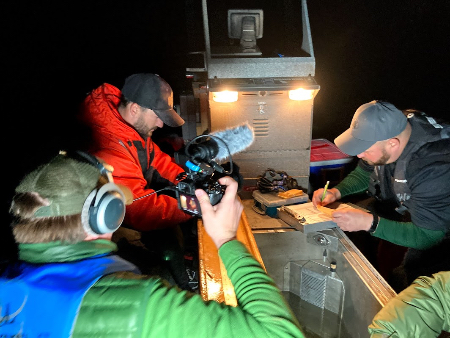
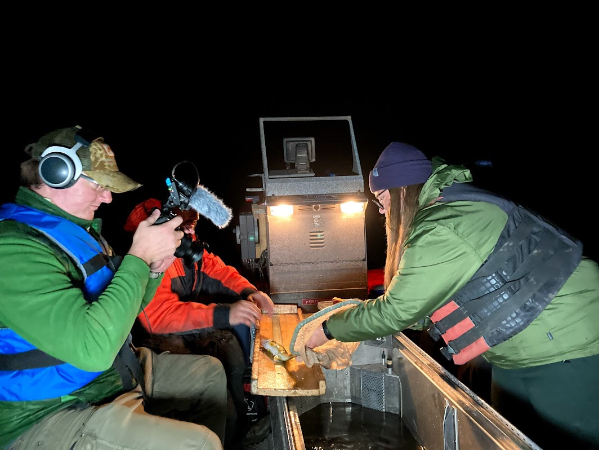
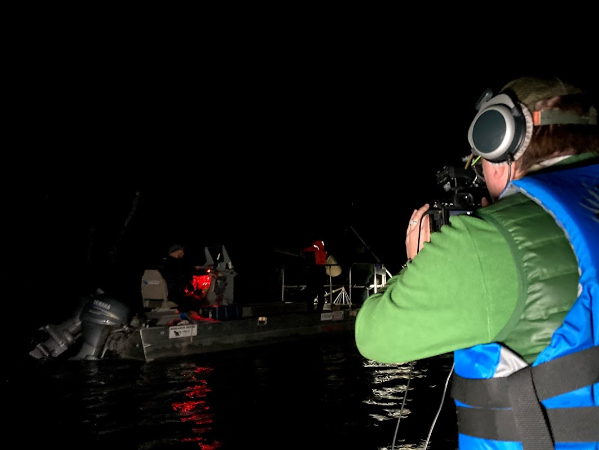
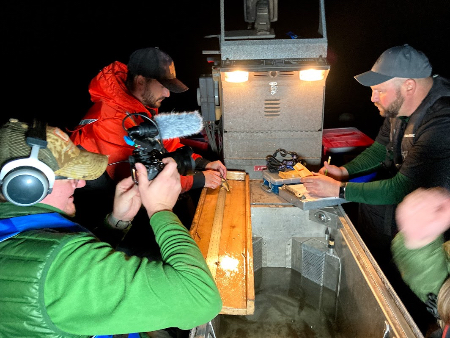
Fond du Lac partnership hosts LaCrosse event, Saturday October 16th at noon. Bring your own sports drink.
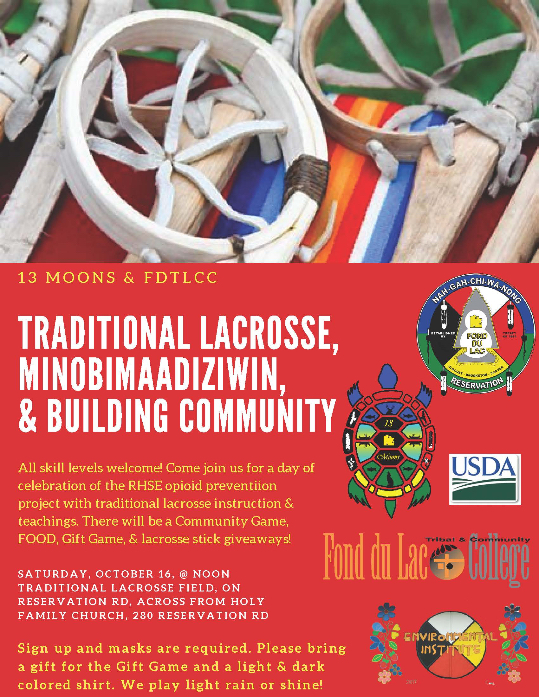
International Wolf Center to invest in next generation of wildlife biologists
Dr. L. David Mech Fellowships to provide two $10,000 fellowships; applications now open
A new fellowship from the International Wolf Center aims to invest in the next generation of wildlife biologists. The first Dr. L. David Mech Fellowships will be awarded in 2022, funding up to $10,000 of the college experience for two lucky students.
“As an organization founded by one of the world’s pre-eminent wildlife biologists, we believe that continued investment in scientific discovery about wolves and other wildlife will help build a future where wolves and humans can coexist and thrive,” said Grant Spickelmier, the Center’s Executive Director. “We also understand that many barriers exist for students and early career researchers and hope these fellowships can be useful tools for opening up access to people pursuing a wildlife biology career.”
Since it was founded in 1985 by Mech and others, the Center has sought to provide the latest scientific information about wolves to our visitors and program participants. To ensure opportunities exist for future generations of scientists, the Center will award up to two fellowships in early 2022 for undergraduate students or recent graduates interested in pursuing careers in wildlife biology. Fellowship recipients will receive a $6,000 stipend and up to $4,000 in support for field research expenses. This support will also cover costs to allow the fellowship recipients to attend the 2022 International Wolf Symposium, scheduled for Oct. 13-16 in Minneapolis where they will be asked to present a poster on their work.
“These fellowships are a wonderful way to help budding biologists,” Mech said. “I am proud that the International Wolf Center is offering them, and I am highly honored that they bear my name.”
Applications for this fellowship are due on December 15, 2021. Along with a resume and cover letter, applicants must describe in detail the research project they hope to participate in if awarded this fellowship. They may create their own project or use the fellowship to support their participation as a volunteer or intern for an established research effort. The research project must be “wolf-related”, either directly involving wolves, another wild canid species or a broader study looking at the interactions between several species including wolves. Special consideration will be given to candidates from communities of color and indigenous communities. For more information, or to apply for a fellowship, visit https://wolf.org/programs/mech-fellowship/?fbclid=IwAR0UC0vhJHiDktXm_D9VlwvQGfs8SpTc8sDbdennu-PYSmXpoTM5bqbOx2Y
The International Wolf Center advances the survival of wolf populations by teaching about wolves, their relationship to wildlands and the human role in their future. For more information about the International Wolf Center, visit wolf.org